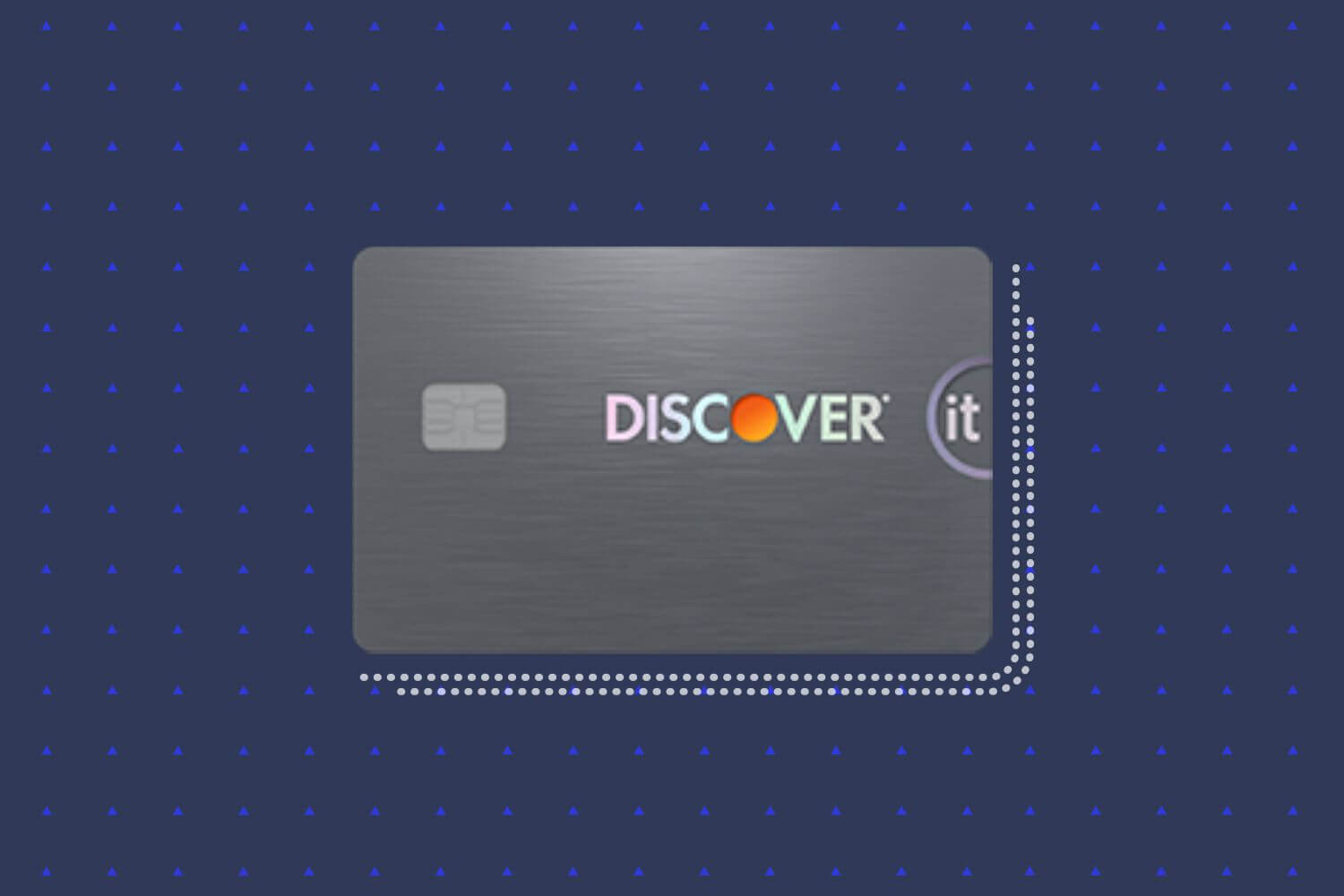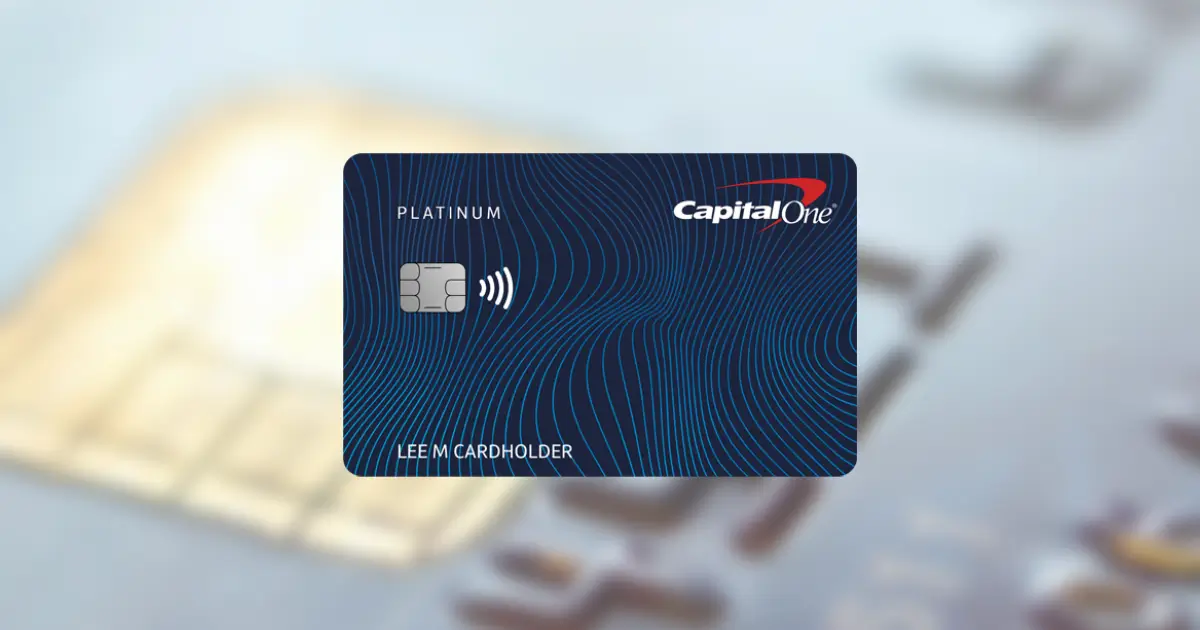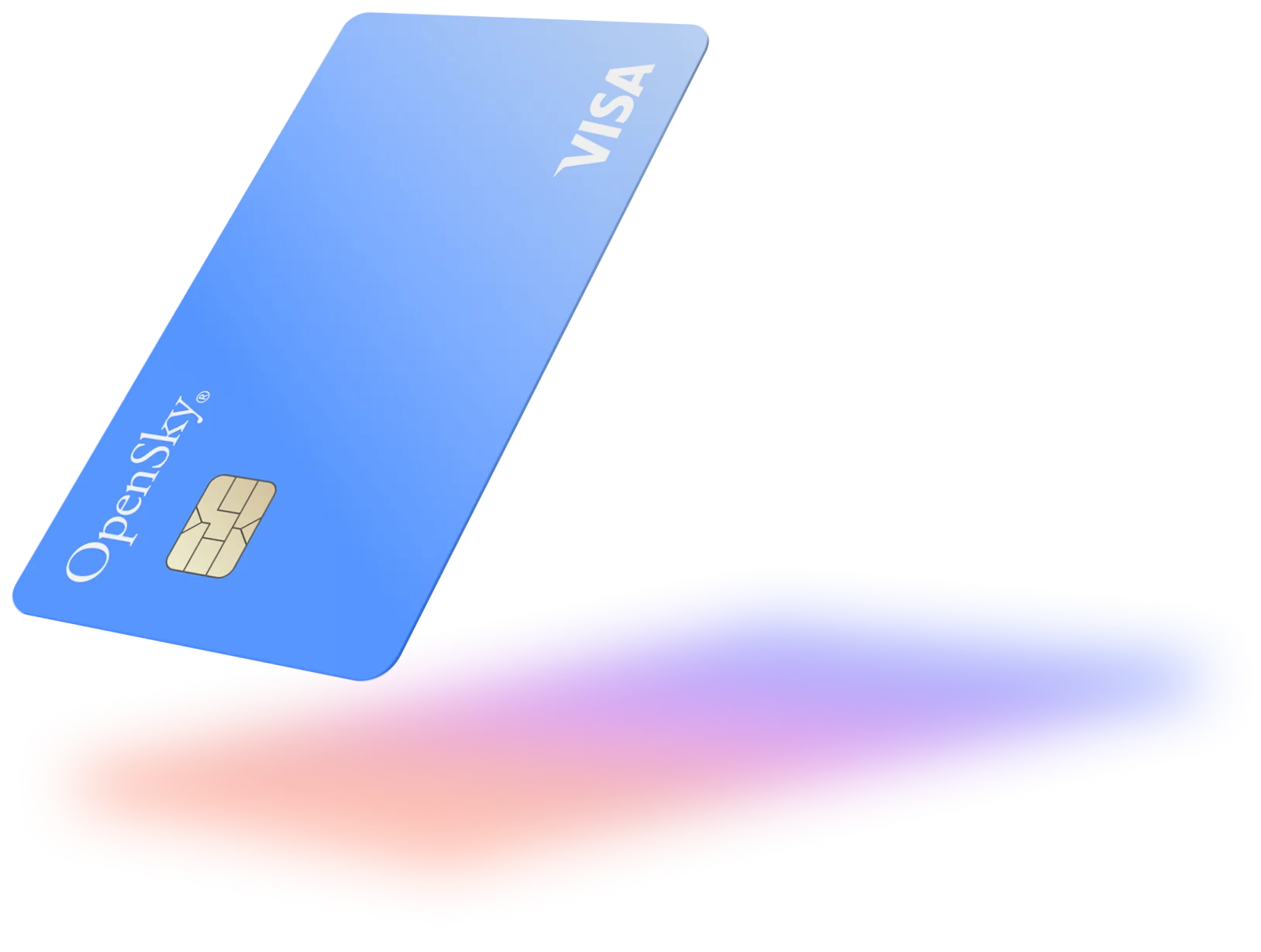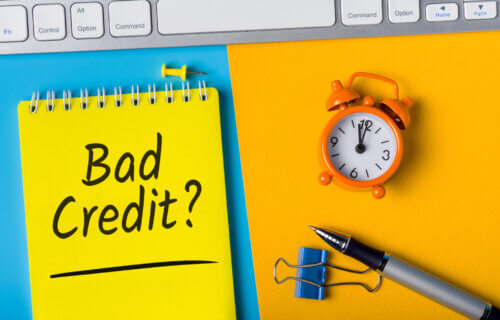For individuals with less-than-stellar credit scores, the search for credit cards that offer financial flexibility and opportunities for rebuilding can be challenging yet crucial. The best credit cards for bad credit provide a lifeline by featuring reasonable annual fees, manageable interest rates, and even opportunities for credit limit increases over time. These cards empower users to take positive steps towards financial recovery and improved creditworthiness.
That’s right, research shows that “a staggering 53% of Americans have been denied approval for a new credit card, loan, or even a new car because of poor credit.” The survey cited ignorance and credit card usage as the two main culprits. “The survey reveals that 23% of millennials don’t know their credit score at all. The same could be said for 54% of generation Zers, 18% of generation Xers, and 20% of baby boomers.” And as for credit card usage, it was both over and underusage causing the issue: “38% of Americans carry three or more credit cards, while 13% of baby boomers have six or more. But there’s a problem with Americans not using their credit cards enough, with 28% of Americans between the ages of 18 and 54 not owning any credit cards at all.” And the credit card woes don’t end there.
Another study shows that “those with credit cards have taken an average of two cash advances, which is likely to pull their score down a bit. One in five don’t make payments to their credit card every month (21%) and 43 percent only opt to pay the minimum amount due.” But that’s not all: “Surprisingly, nearly a quarter of those with credit cards admit they pay less than the minimum amount due or make no payment at all (24%). Many don’t realize that when you pay matters, too; respondents with credit cards have made an average of two late payments within the last year.” And all these things will bring down your credit score, making lenders view you as high risk.
Ready to get back on your feet? Studyfinds turned to the experts to find the best credit cards for bad credit to help your financial reputation. Of course, we want to hear from you. Comment below to let us know which credit card is perfect for you and may also be perfect for others!
The List: Best Credit Cards for Bad Credit, Per Finance Experts
1. Discover it Secured Credit Card
A credit card from this well-respected company will help you build your credit over time if you make all payments on time and keep your balance low. Since this is a secured card, you’ll need to put down an initial deposit and then that will be your credit limit, at least to start.

Most secured credit cards we reviewed do not offer rewards; and many have annual fees, so this card looks to be a good choice for those with bad credit. WalletHub writes, “The Discover it Secured Credit Card is 2023’s best secured card because it has a $0 annual fee and gives good rewards on purchases (1% to 2% cash back). The Discover it Secured Credit Card is also worth it because it doubles the rewards cardholders earn the first year. The minimum deposit for Discover it Secured Credit Card – $200 – is on the low end for a secured credit card, too…Earn 2% cash back at Gas Stations and Restaurants on up to $1,000 in combined purchases each quarter. Plus, earn unlimited 1% cash back on all other purchases – automatically.”
According to Lendingtree,“It reports your payment activity to the three major credit bureaus (Equifax, Experian and TransUnion), provides the opportunity to get your security deposit back after demonstrating responsible card usage, charges a $0 annual fee and earns cash back rewards…After you’ve had the card for seven months, Discover will begin conducting monthly account reviews to see if you’re eligible to graduate to an unsecured card and get your deposit refunded.”
CreditCards.com notes, “Rewards aside, this card carries some of the most consumer-friendly terms for a card available to people with bad credit. There’s no annual fee, no foreign transaction fees and no penalty APR.” Though they do list some cons to keep in mind: “The variable 27.74% regular APR is high(ish), even for a credit-building card;” and “The robust rewards could turn out to be a distraction for less-disciplined spenders trying to rebuild their credit.” Which is something to consider, chasing rewards may have you spending beyond your means and credit usage percentage is something that affects your credit score.
2. Capital One Platinum Secured Credit Card
A few Capital One credit cards are recommended by experts for people with poor credit. The Quicksilver One and the Platinum unsecured showed up on lists, but the Platinum Secured Card is the most recommended.

Bankrate writes, “This card is excellent for people with poor credit scores as it helps you to improve your score without costing hundreds of dollars in the process. Capital One will also automatically consider you for a higher credit line in as little as six months with on-time monthly payments — a great incentive for creating good credit habits.” As far as the pros, they list: “Unlike most secured cards, which require a deposit equal to your credit limit, cardholders can get a $200 credit limit with a deposit as small as $49…You won’t have to worry about an annual fee on top of a security deposit with this card, another plus for affordability.”
Business Insider notes: “You’ll also have the option to increase your initial credit line by depositing more than the minimum amount, up to a maximum limit of $1,000.” Keep in mind that “The card doesn’t earn rewards, but there’s no annual fee and no foreign transaction fees.” And just like the Discover card, “After you show responsible use of your card over time, Capital One may consider upgrading you to the regular Capital One Platinum and return your security deposit.”
WalletHub says, “Like all credit cards, the Capital One Platinum Secured Card reports account activity to the major credit bureaus on a monthly basis. As long as you pay your bill on time and avoid maxing out your spending limit, this information will be positive and will lead to credit score gains.” Overall, they do consider this a great choice: “At the end of the day, the Capital One Platinum Secured Card is one of the very best credit cards for building or rebuilding your credit standing. It’s one of just a handful of credit cards for people with bad credit that does not charge an annual fee. And it’s one of the only secured cards whose spending limit can be higher than the amount of your refundable security deposit.”
3. OpenSky Secured Credit Card
This is another option that doesn’t require a credit check. So, if your credit is seriously damaged, you’ll still be able to access this card and begin repairing your credit. Keep in mind that cards that don’t do a credit check generally won’t offer the same perks as cards that do.

NerdWallet writes, “If you’ve struggled to qualify for a secured card because of poor credit or lack of a bank account, this card is a good option. But if you aren’t facing such obstacles, you’d be better served by an alternative with no fee and a better upgrade path.”
“The OpenSky Secured Visa Credit Card is a good option to help rebuild credit,” writes Forbes. Because there’s no credit check, they share, “it’s even possible to get approved for this card if you don’t have a credit score at all.” They also note the lack of rewards and sign-up bonus, along with the fact that there’s a $35 annual fee. But they do point out that the lack of credit check “can be especially helpful for people with bankruptcies and back taxes, as many other secured credit cards won’t approve you for these reasons.”
Lendingtree mentions that you will “have to provide some personal financial information, such as your annual income, monthly housing payment and housing payment type.” And this is important: “The card also requires a refundable security deposit ranging from $200 to $3,000.”
4. Bank of America Customized Cash Rewards Secured Credit Card
If you’re already a Bank of America member, this may be a good option for you. It will allow you to continue to build a financial relationship with the bank. This card does offer rewards, but you will have to put down a deposit to secure this card.
Business Insider writes, “The Bank of America Customized Cash Rewards Secured Credit Card is one of the best credit cards for bad credit because it’s one of the rare secured cards that earn strong cash-back rewards for spending.” And as for those rewards, they note that “Cardholders earn 3% cash back in one category of their choice (from a list of six), 2% back at grocery stores and wholesale clubs, and 1% back on all other purchases (the 3% and 2% reward rates apply up to the first $2,500 in combined purchases per quarter, then 1% cash back).” And they do remind that good habits can land you an upgrade in the future: “While the card is otherwise light on benefits, cardholders have the opportunity to demonstrate good financial habits with responsible use — that is, consistently paying on time. This can improve your credit score and help you qualify for other forms of credit in the future, including more lucrative rewards credit cards.”
“This card does not offer a welcome bonus,” writes Forbes. Though they do share that “Bank of America will periodically review your account to see if you qualify to have your deposit returned to you and have you graduate to the unsecured version of the card.” Also noteworthy is the fact that “You can redeem your earnings for any amount at any time for statement credits, deposits made directly into a Bank of America checking or savings account or for credit to an eligible account with Merrill.”
For more about the credit limit on this card, The Ascent writes that “Your Bank of America Customized Cash Rewards Secured credit card can have a credit limit between $300 and $4,900. Your credit limit depends in large part on your security deposit. If you want a higher credit limit, you can deposit more money up front.” But they share that “Bank of America will, however, calculate a maximum credit limit based on your financial information. You can’t get a credit limit higher than this amount, even by depositing more money. If your deposit exceeds the maximum credit limit Bank of America has set for you, then it will refund the difference.”
5. Mission Lane Visa Credit Card
This is a lesser-known credit card that popped up on a few experts’ lists. According to WalletHub, “The Mission Lane Credit Card is issued by Transportation Alliance Bank, Inc., also known as TAB Bank. Mission Lane Credit Card accounts are then serviced by Mission Lane LLC. Mission Lane is a financial company that offers credit cards but doesn’t have a banking license.”
NerdWallet writes that “Although it usually charges an annual fee, the Mission Lane Visa Credit Card could be a reasonable option for someone building or rebuilding credit who doesn’t want to tie up money in a security deposit. Not everyone will qualify, but the issuer lets you see whether you do before you apply.” And that’s key because if you were to apply and get declined it would harm your credit. They also share that “After approval, the issuer automatically reviews your account for potential credit line increases. And the annual fee range is lower than what you’d be charged on many competing no-deposit cards.”
“The Mission Lane Visa Credit Card doesn’t come with many perks and benefits, but it could make sense as a credit-building card,” writes Bankrate. “If you have a bad credit score or limited credit history and need a chance to boost your score, you can use the Mission Lane Visa to build credit without tying up hundreds of dollars in a security deposit…The card doesn’t charge any of the hidden fees common among subprime cards, and its annual fee — if you’re assigned one — is reasonable for an unsecured card.”
Creditcards.com says: “It can certainly get the job done as a temporary stopgap for credit-builders who want to work on their score and eventually move on to a card with even better terms.” Even so, they share that “the card falls short of many secured credit cards due to its potential for a decent-sized annual fee and very high ongoing APR range. And if you have at least fair or average credit, you should be able to find an unsecured card that carries a lower cost of membership, offers cash back rewards or both.”
You may also be interested in:
Sources:
- NerdWallet
- Forbes
- Bankrate
- WalletHub
- Lendingtree
- Creditcards.com
- Business Insider
- The Ascent
- WalletHub (Mission Lane)
Note: This article was not paid for nor sponsored. StudyFinds is not connected to nor partnered with any of the brands mentioned and receives no compensation for its recommendations. This post may contain affiliate links.
